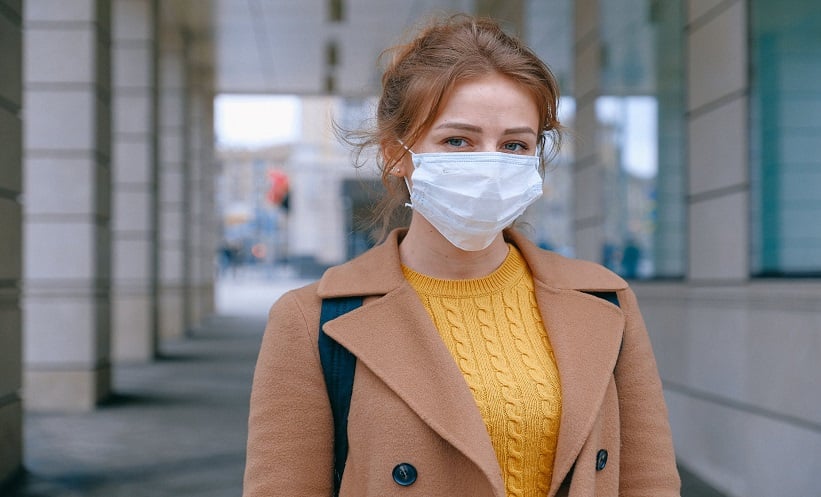A NEW retrospective study from St. Jude Children’s Research Hospital, Memphis, Tennessee, USA, reports treatment delays in young patients with acute lymphoblastic leukaemia (ALL) and lymphoblastic lymphoma following COVID-19 diagnosis.
Currently, minimal published data exist regarding the effect of COVID-19 in young patients with ALL or lymphoblastic lymphoma, so Saman K. Hashmi and colleagues from the department of global paediatric medicine at St. Jude Children’s Research Hospital, conducted a retrospective case series study to explore this field in greater depth.
The study was comprised of patients aged 1–18 years treated on the Total XVII protocol who received chemotherapy at St. Jude’s Children’s Research Hospital and its associated sites between 30th March 2020–20th June 2022. To assess the impact of COVID-19 on cancer treatment, researchers analysed acute symptoms and any chemotherapy changes for 60 days following COVID-19 diagnosis, for a duration of 27 months.
Results revealed that of the total 308 patients, 110 (36%) developed COVID-19 (median age: 8.2 years; 62% male). Most cases (n=101; 92%) occurred in the final phase of chemotherapy, maintenance, in which the dosage is lowered with the aim of maintaining long-term remission. Of this subset of patients, 87% had their chemotherapy treatment postponed for a median of 8 days (interquartile range: 7–14 days) until completion of antiviral therapy. However, despite the concern, severe cases of COVID-19 in the study patients were rarely reported, with factors such as old age and SARS-CoV-2 reinfection noted as common contributors. A proportional relationship between chemotherapy interruptions and COVID-19 case length was additionally reported. Overall, Hashmi and colleagues concluded that whilst chemotherapy delays do occur in patients with ALL or lymphoblastic lymphoma, following COVID-19 diagnosis, this should not impact overall survival.
A limitation for this study was the small sample size and the study spanning over a time period where several different SARS-CoV-2 variants were prevalent. An additional editorial by Jenny Ruiz, Department of Paediatrics, University of Pittsburgh School of Medicine, Pennsylvania, and colleagues, agreed with the researchers findings; however, they urged for further studies to investigate the role of racial and ethnic disparities in these results.







